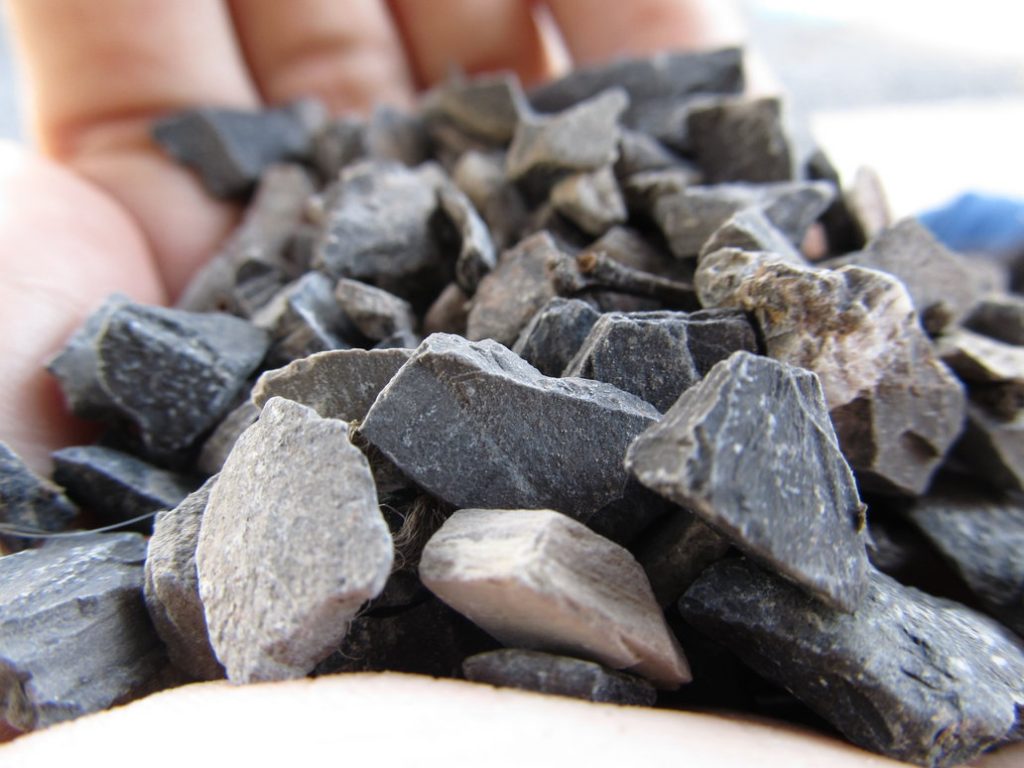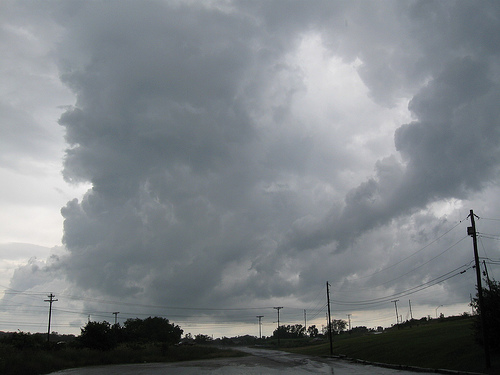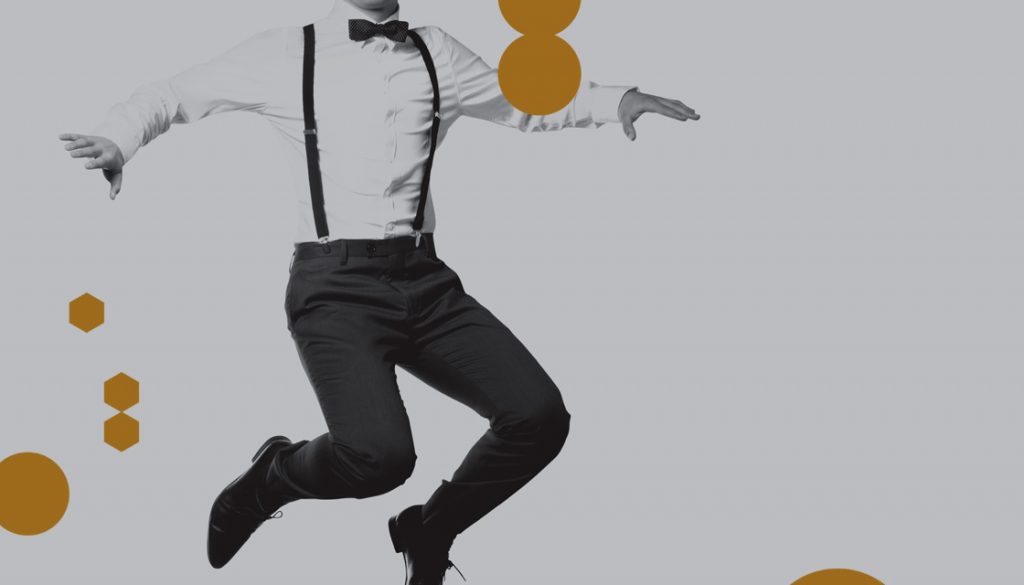For Whose Sake We Practice
With Singing and Banners
by Jane Hirshfield
Demonsthenes, a wise man, filled his mouth
with pebbles before speaking;
and a stream which has run ten feet over rocks
is clear, they say, and safe to drink.
Yet still we forget what is owed our failures–
blessings, to praise the stumbled on stone.
And forget what we once knew, how to properly greet
old enemies, for whose sake we practice and parry,
become strong:
with singing and banners, with gladness.
Besides Money
One more bow to Tsu-Yin for this image, which she found in a magazine during her “visa run” to Cambodia.
Not Exactly Mundane
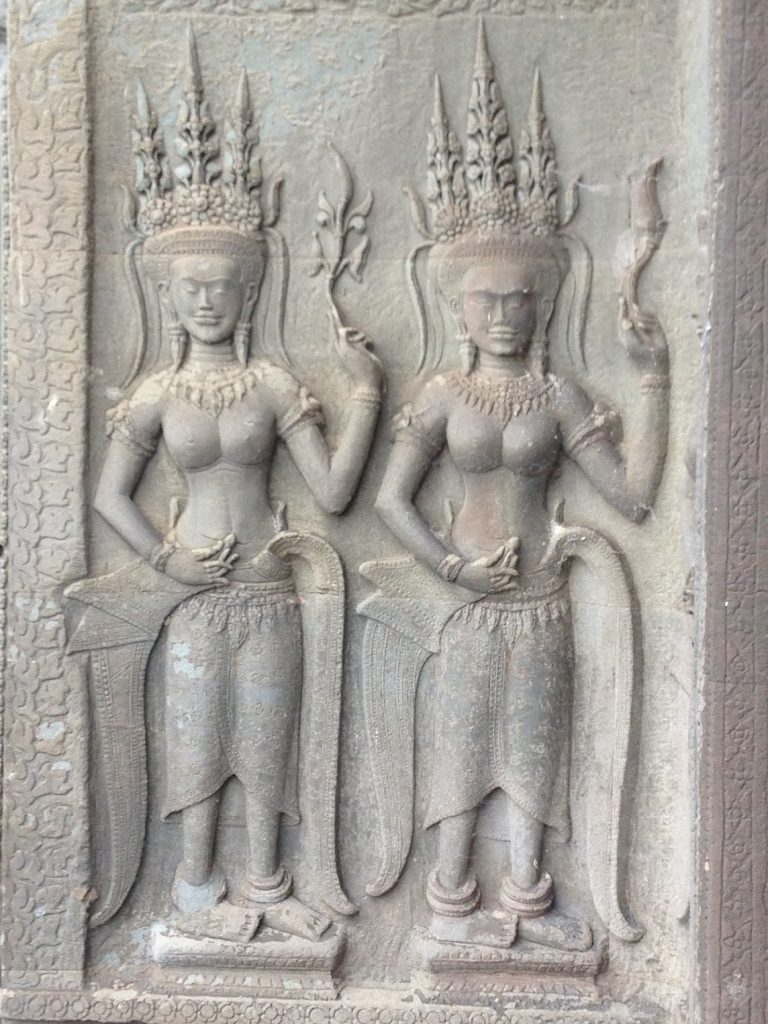 Last night I got a great email from one of my CDL (Community Dharma Leader) colleagues, Tsu-Yin, who has been practicing at various monasteries in Burma and Thailand for the past year. She included a link to some of her photos and a “Record of Mundane Thoughts” — notes to herself that she kept over much of that time (quite a lot of which was spent at U Tejaniya’s monastery where I stayed for a couple of weeks back in 2014).
Last night I got a great email from one of my CDL (Community Dharma Leader) colleagues, Tsu-Yin, who has been practicing at various monasteries in Burma and Thailand for the past year. She included a link to some of her photos and a “Record of Mundane Thoughts” — notes to herself that she kept over much of that time (quite a lot of which was spent at U Tejaniya’s monastery where I stayed for a couple of weeks back in 2014).
So reading it was quite a sweet little memory trip for me and an inspiration, too, as I start to prepare for my 2-month retreat at Spirit Rock (Jan 28-Mar 25).
With deep bows to Tsu-Yin, here are just a few of her not-exactly-mundane “Mundane Thoughts”:
* Enjoyment and agitation are opposite ends of the same stick. Think you can take only the delightful and leave the hideous? Impossible! You pick up the stick, you’re stuck with both. You must put down the stick. GO BEYOND THE STICK.
* Happiness —> Concentration
* Good news is that when we keep still, samadhi comes on its own, because it was never something outside of us. Can’t even go out and buy it in a store– it’s free!
* Everything is part of waking up. Every act without attachment. But you wake up at the speed you wake up. Recognize that, and you’re golden.
* Is Row Row Row Your Boat some sort of Song of Enlightenment?! I can’t be the first to have wondered this.
***
Sadhu. Sadhu. Sadhu.
Everyday the Blessing of Weather
From Appalachian Elegy by bell hooks:
31.
returning to sacred places
where all is one
embraced belonging
an intense field of possibility
wondrous goodness
fills the air
grant us great spirits
another chance
to reclaim and nurture earth
glorious sky
divine water
in everyday the blessing of weather
offering change
a constant passing
of life into death
and back again
Be Kind, But Do Not Be Quiet
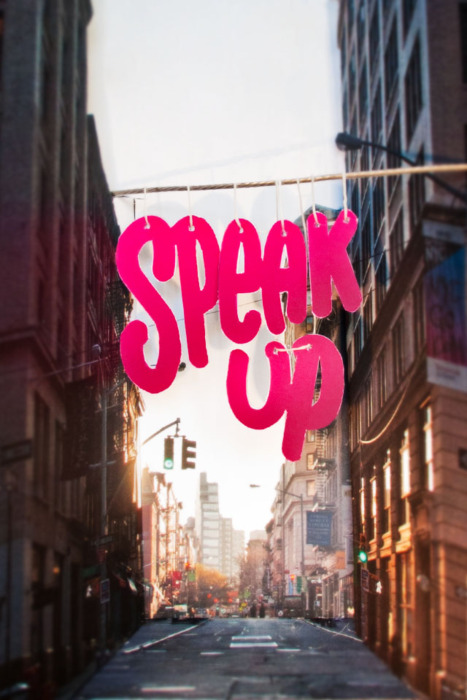 This from Truth is Power by Pamela Weiss, one of my teachers in the Community Dharma Leader (CDL) Program:
This from Truth is Power by Pamela Weiss, one of my teachers in the Community Dharma Leader (CDL) Program:
Dharma means truth. As we enter the ‘post-truth era’, where words become swords that slice and shred, rending the tender fabric that binds us, truth matters. Honest words matter….
Speaking truth to power is an urgent responsibility. Sometimes this means a firm and uncompromising ‘NO’: NO to hatred; NO to bigotry; NO to intolerance; NO to injustice and divisiveness and fear. And sometimes it means a full-throated ‘YES’: YES to big-heartedness; YES to tenderness; YES to beauty and curiosity and freedom and peace…
Whatever cause or issue grabs you, whatever wrenches your heart — misogyny, homophobia, racism, sanctuary, climate change — step in and step up. Don’t sit on the side lines. Now is not the time to wait. Jump in. Engage.
BE KIND, BUT DO NOT BE QUIET
You Near It In Circles
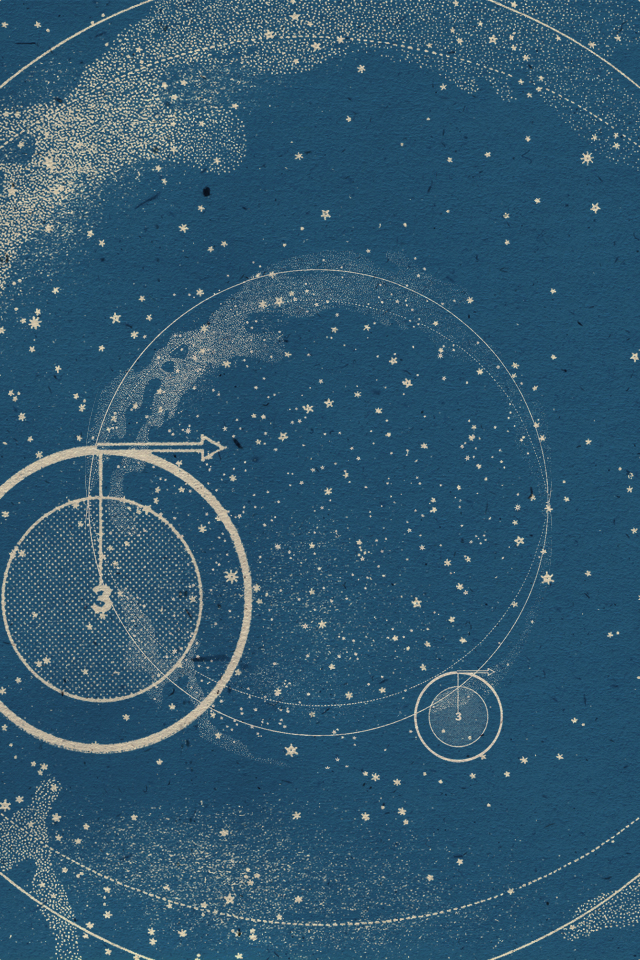 Toward the Infinite
Toward the Infinite
by Jane Hirshfield
You might take it for a given:
how numbers climb
first quickly,
then more slowly toward the infinite,
the way an aging man climbs stairs
first with a hand to the banister,
then pausing between landings,
then not at all.
Or the desert fathers
hunting their God from the beehived caves–
how hunger brought him closer,
lessened the distance between eye and star,
as light became only an absence
of the long familiar dark.
You near it in circles, the way
a dog circles his sleep before lying down:
the ascetics die with their gnosis
concealed among them, sifted, particular sand.
The man moves to a ground-floor flat and brews his tea,
the numbers continue in lengthy approach.
And your eye for a moment settles
on the breast of a strange girl;
you know her then entirely
before she passes out of view.
What Is Needed Now?
I’ve been listening (again and again) to Ajahn Sucitto’s beautiful meditation instructions (13 minutes), in which he suggests “dropping in the question: What is needed now?”
This is addressed “to the citta, to the heart, to the sense of presence, to the ‘I’ behind the ‘I am’, to awareness.” Because awareness does not have a specific object (unlike attention), asking the question is almost like dropping a penny down a well. (As in: “Hmmm. Who knows where that’s going to go?”)
The question could be: What’s needed? What’s not needed? What’s helpful? What’s not helpful? What’s beautiful? What would bring in the beautiful?
This goes past the level of thought. Let the penny drop down, beyond the immediate wish to come up with an answer, dropping it into the body.
What do you really, really need? As if this were the last moment of your life. What’s really needed now? Not operating according to scripts. Not for an answer such as “What is needed is more mindfulness, more clarity, more….” No. Not that. Not: “What is needed is for other people to…” No. Not other people. Not: “What is needed is if I were….” No. Not “I.” Beneath that. Behind that. What’s needed right down in your belly? In your heart? In your tissues? That’s the place where you let it drop.
It’s not necessary to have to come up with a verbal response. Maybe just asking the question is all that is needed.
And then to listen.
***
Click here.
Joy to the World
I’ve just started reading The Book of Joy: Lasting Happiness in a Changing World, which documents a week-long conversation (actually a love fest!) between His Holiness the Dalai Lama and Archbishop Desmond TuTu. It’s delightful. And Inspiring. And Encouraging. And it couldn’t have come at a better time.
Here’s a sample from the Introduction:
“The Dalai Lama and the Archbishop are two of the great spiritual master of our time, but they are also moral leaders who transcend their own traditions and speak always from a concern for humanity as a whole. Their courage and resilience and dogged hope in humanity inspire millions as they refuse to give in to the fashionable cynicism that risks engulfing us. Their joy is clearly not easy or superficial but one burnished by the fire of adversity, oppression, and struggle. The Dalai Lama and the Archbishop remind us that joy is in fact our birthright and even more fundamental than happiness.
“‘Joy,’ as the Archbishop said during the week, ‘is much bigger than happiness. While happiness is often seen as being dependent on external circumstances, joy is not.’ This state of mind–and heart–is much closer to both the Dalai Lama’s and the Archbishop’s understanding of what animates our lives and what ultimately leads to a life of satisfaction and meaning.
“The dialogues were about what the Dalai Lama has called the very ‘purpose of life’–the goal of avoiding suffering and discovering happiness. They share their hard-won wisdom of how we can transform joy from an ephemeral state into an enduring trait, from a fleeting feeling into a lasting way of being.”
***
It’s in bookstores now. Why wait till Christmas!
And What Does He Do?
The Duck
by Donald Babcock
Now we’re ready to look at something pretty special. It’s a duck, riding the ocean a hundred feet beyond the surf. No it isn’t a gull. A gull always has a raucous touch about him. This is some sort of duck, and he cuddles in the swells.
He isn’t cold, and he is thinking things over. There is a big heaving in the Atlantic, and he is a part of it.
He looks a bit like the Lord Buddha meditating under the Bodhi tree.
But he hardly has enough above the eyes to be a philosopher. He has poise, however, which is what philosophers must have.
He can rest while the Atlantic heaves, because he rests in the Atlantic.
Probably he doesn’t know how large the ocean is. And neither do you. But he realizes it.
And what does he do, I ask you? He sits down in it! He reposes in the immediate as if it were infinity — which it is. He has made himself a part of the boundless by easing himself into it just where it touches him.
I like the duck. He doesn’t know much, but he’s got religion.
Always There Is Desire
(And why this poem, today? I don’t know. Best then to stay with the question.)
Lullabye
by Jane Hirshfield
n.: 1. a song to quiet children or to lull them to sleep; a cradlesong. 2. music for this. 3. good night or good-by; a farewell
Always there is desire,
only the shape
of what is desired shifts,
each love giving way to another,
from the first sound
of heartbeat inconceivably there,
and on
into the face that rises like a moon
beyond the world’s edge;
into the milk that teaches
earliest meaning, hunger;
into the tumbling of breast, of belly heat,
of hands, that encourage the body
to meaning of its own;
into the close-tucked blankets, nascent trust
that existence will hold through the night;
into the dangled colors, first temptation,
that come and go;
into that song that wanders beyond knowing
out of lips;
into the climbing bafflement of change;
into the first power,
to call forth;
into the second power,
to move;
into the third power,
into the loneliness of self.
And now, desire fully mounted,
the branch full-laden with flower,
white hands of strangers start to summon
an awkward, ground-risen heat,
knowledge takes root in the body daily more sure,
it cries out and cries out again in startled awe–
Until, when the whole music is breaking
full-throated into the ears,
the next desire begins to whisper
into the stateliness of bones, a pull,
into the steadiness of blood, a weight,
and flavors of early apples appear on the tongue,
feet come to travel the ground more slowly again,
the map of the face grows detailed, a country known,
and the new love comes,
if the heart
will open enough, will let enough go to make room:
love of the structure of things,
bare branches of trees;
love of the overly large, the poorly made,
the somehow wrong;
love of the golden net,
the promises and guile of words;
love of the strength
that is passing from the legs;
love of the colors
daily leaving the eyes;
love of the delicacy
that abandons the wrists;
love of all powers
that diminish out of the body,
calling farewell
to the ears that forget to listen,
to the nerve-ends fraying with use,
to the breathing that retrenches into itself,
to the beautiful skin grown tired of dividing the earth
into ours, not ours,
as we tire too, of holding separate,
and love of self that was once so clear
grows suddenly simple, widens,
as a mother’s hand smoothing a sheet,
as water that broadens and flattens,
taking the shape of the darkened, still-reflecting
world.

